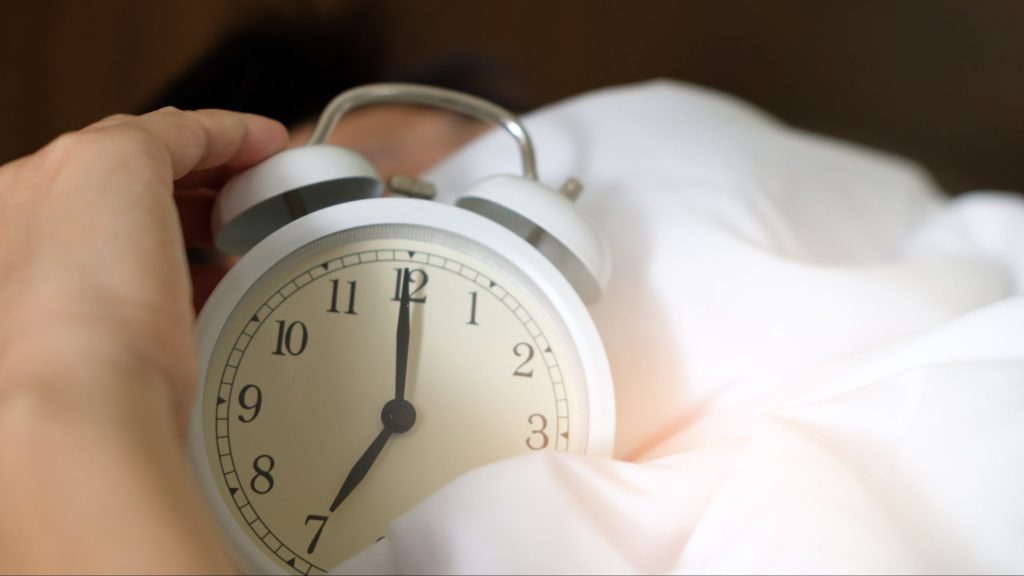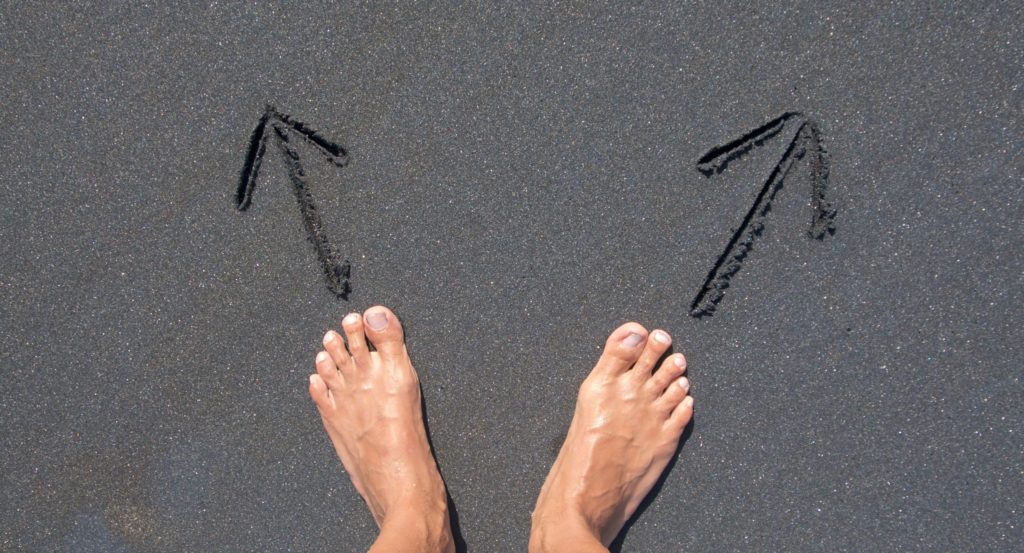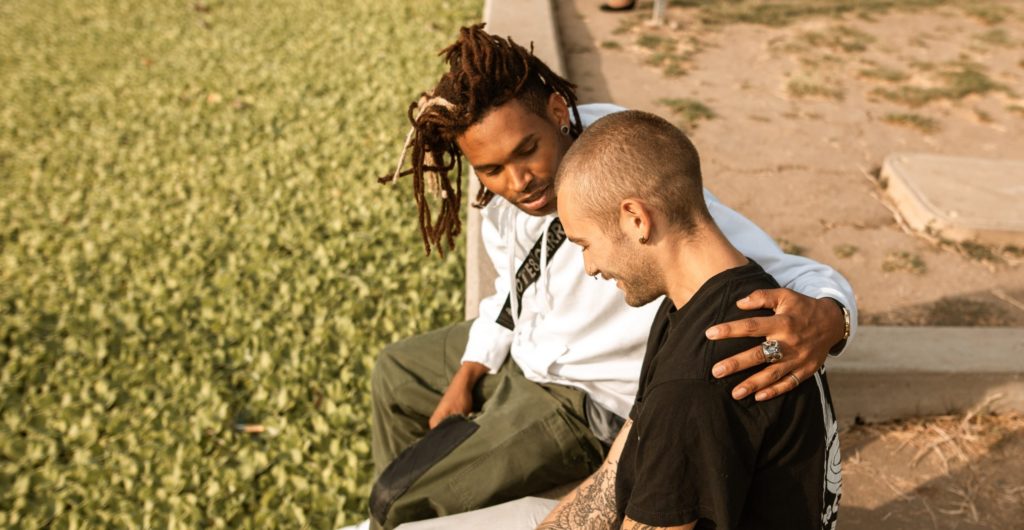10 Facts About Lasting Longer in Bed
“How long can you last in bed?”
It’s a phrase that’s often joked about, boasted about, and of course lied about among men. We laugh about the “three-pump wonder.” Men who can’t last very long are often shamed and ridiculed by both men and women. And if it’s a problem you deal with, you’ve probably internalized a lot of these feelings.
You’re also far from being the only one who struggles with it. Many men in the early stages of their reboot have difficulties with porn-induced erectile dysfunction (PIED) and lasting in bed. So today, I want to clear up some of the misinformation and misconceptions surrounding premature ejaculation.
See, most of the time brothers who struggle with PIED receive the same tired advice from professionals. The issue being that most of these professionals still have a difficult time understanding or even accepting the science behind pornography addiction. They don’t have much experience with the reality of the issue.
You’ve probably had these professionals ask you, “Why don’t you just stop watching porn and cut back on the number of times you masturbate?” If it were that simple and straightforward you would have stopped a long time ago. You wouldn’t be where you’re at today.
Your PIED stems from your troubles with getting in the right mental place you need to maintain an erection and have sex. That’s the real problem you’re dealing with here. I’m going to give you 10 facts about lasting longer in bed that should help you start working on the issue.
1. Men who struggle with out-of-control behavior with porn, sex, and masturbation need to address their insecurities.
This isn’t the easiest thing to accept about yourself but it’s true. It was true for me, too. Men who have out-of-control behavior with pornography are insecure. And if you want to fix your problem with PIED or premature ejaculation, you need to accept the fact that it stems from insecurity.
2. You need to get realistic about your sexual performance.
Men who struggle with pornography addiction tend to hold themselves to unrealistic expectations. According to the Journal of Scientific Medicine, a woman’s orgasm is dependent upon how long penetration lasts. At the same time, it also reveals that foreplay lasts an average of 18 minutes and sex lasts an average of 16. So it’s safe to say that expecting yourself to last an hour is unrealistic. 15 minutes is far more realistic which should help reduce your anxiety.
3. Foreplay begins before you even get naked.
Foreplay is part of the sexual experience. Again, the Journal of Scientific Medicine says that foreplay is about 18 minutes on average. If you want to increase the chance that the woman you’re with has an orgasm, you need to realize that foreplay starts before you get naked. It not only increases pleasure but also buys you time and gives you a chance to get yourself going.
4. Switch up positions.
Switching up positions can actually help you last longer. You don’t need to pump away in the same position for the entire time. Realistically, you’ll probably keep yourself from lasting longer by doing this. What you want to do is switch up positions a few times during that 15 minutes of intercourse. Right before you’re about to climax, switch positions to help you hold out longer.
5. Get your testosterone levels checked.
Getting your testosterone levels checked is crucial if you’re having a difficult time with your performance in bed. Oftentimes I find that a man who struggles with porn-induced erectile dysfunction also has low testosterone levels. If your levels are low, you’re going to have an even harder time performing for more than a few minutes at a time.
6. Practice Kegels.
I’m not kidding. Most people believe that Kegels are only for women but they’re for men, too. If you’re struggling with lasting in bed you need to start practicing Kegels. They balance out your pelvic floor muscles which you’ve made unbalanced after years of compulsive porn use and masturbation.
7. Use a thicker condom.
Again, not kidding. You might protest because it’s going to make everything feel less sensitive but trust me on this. The increased sensitivity of thinner condoms is likely too much for you to handle at the beginning. Decreasing sensitivity with a thicker condom is going to help you last longer until you’re able to better handle it on your own.
8. She doesn’t have to orgasm every time.
Some people would have you believe that a woman needs to come every single time you have sex. While certain people hold to this idea, it’s not the reality. Her not having an orgasm doesn’t mean the sex was bad. In reality, the more you focus on it, the more it’s going to stress both of you out and the less likely it is to happen. Truth is, most women aren’t going to orgasm every time you have sex.
9. Focusing only on her orgasm is probably going to ruin your relationship.
If you only focus on getting her to have an orgasm, you’ll probably start taking it personally at some point. Once you start taking it personally, it’s going to affect your behavior around her. You’ll start feeling more insecure, you’re likely to take it out on her, and it’s going to wreck the relationship you have.
10. Most women don’t think lasting long is as big of a deal as people make it.
Society has turned lasting long into a big joke, but the truth is lots of men struggle with this. You’re far from alone if you’re experiencing porn-induced erectile dysfunction. Truth is, the woman you’re with has been with men before you who dealt with it, too. She probably doesn’t think it’s as big of a deal as you do.
Focus on what you can do using the tips above and you’re going to work through it in time!
10 Facts About Lasting Longer in Bed Read More »












